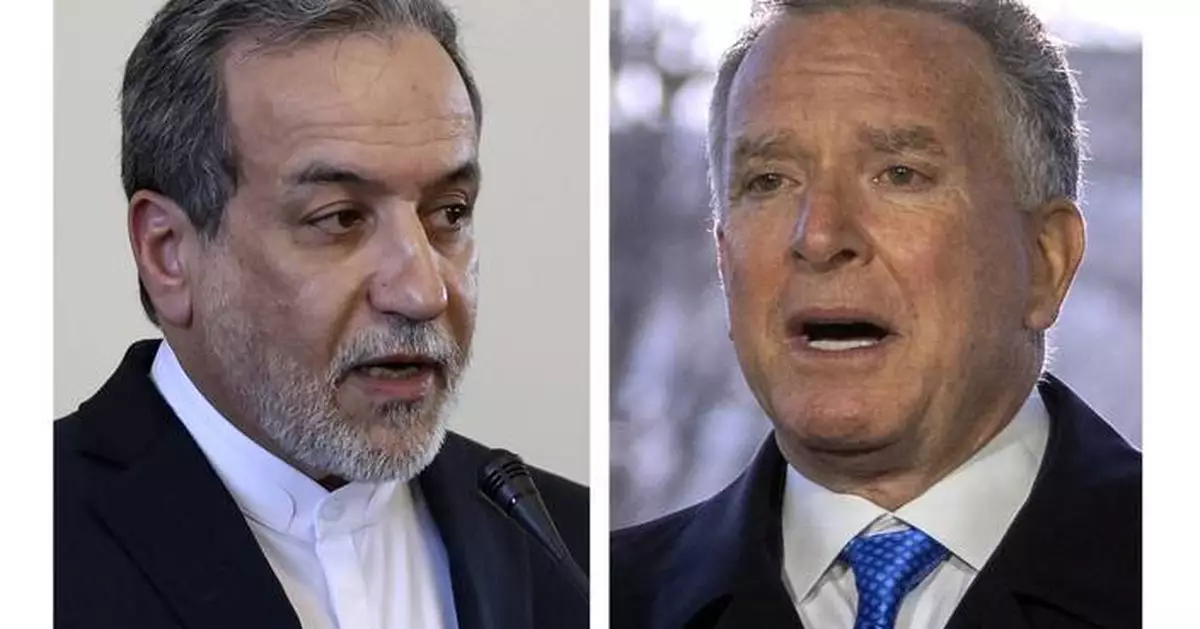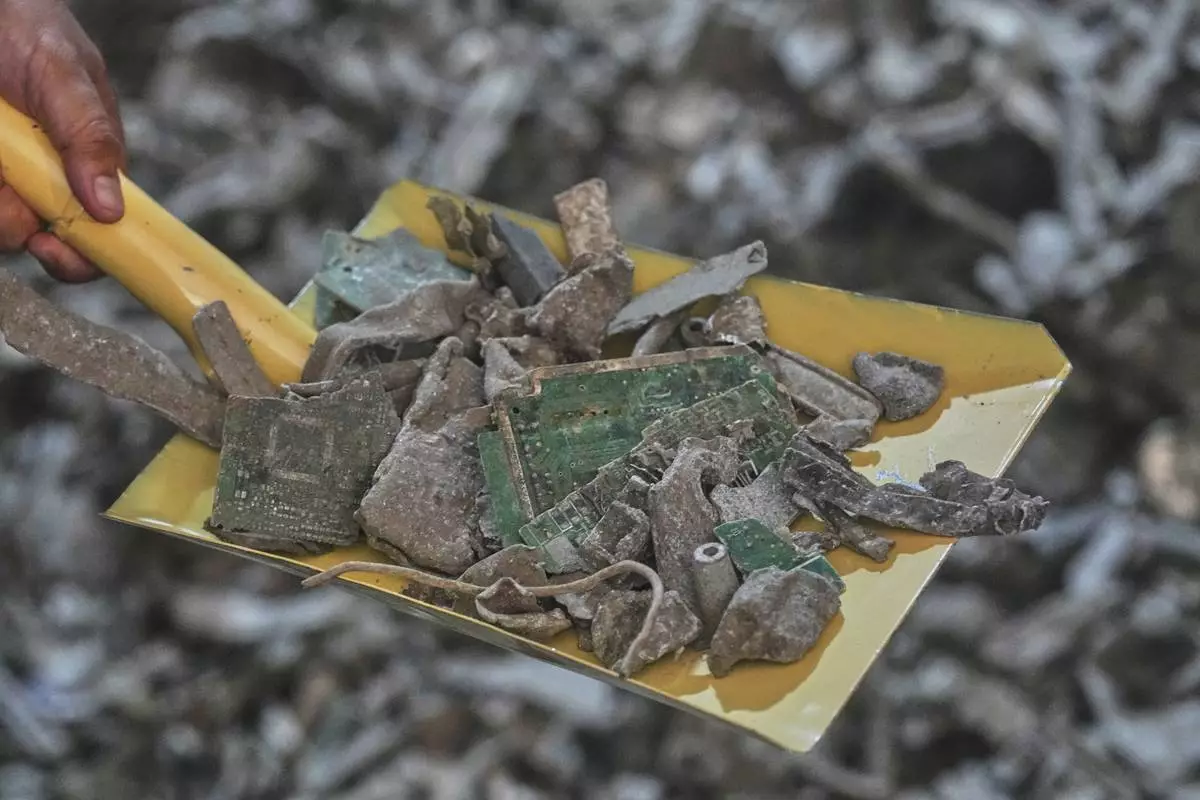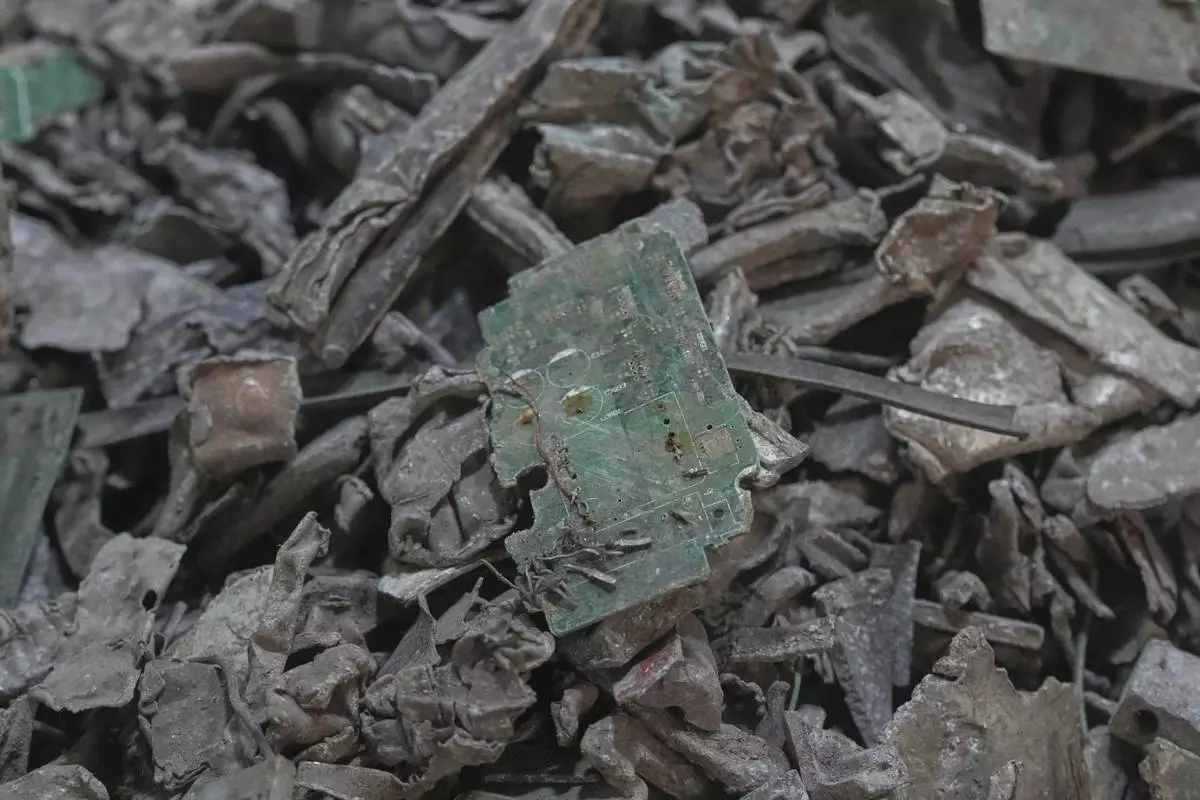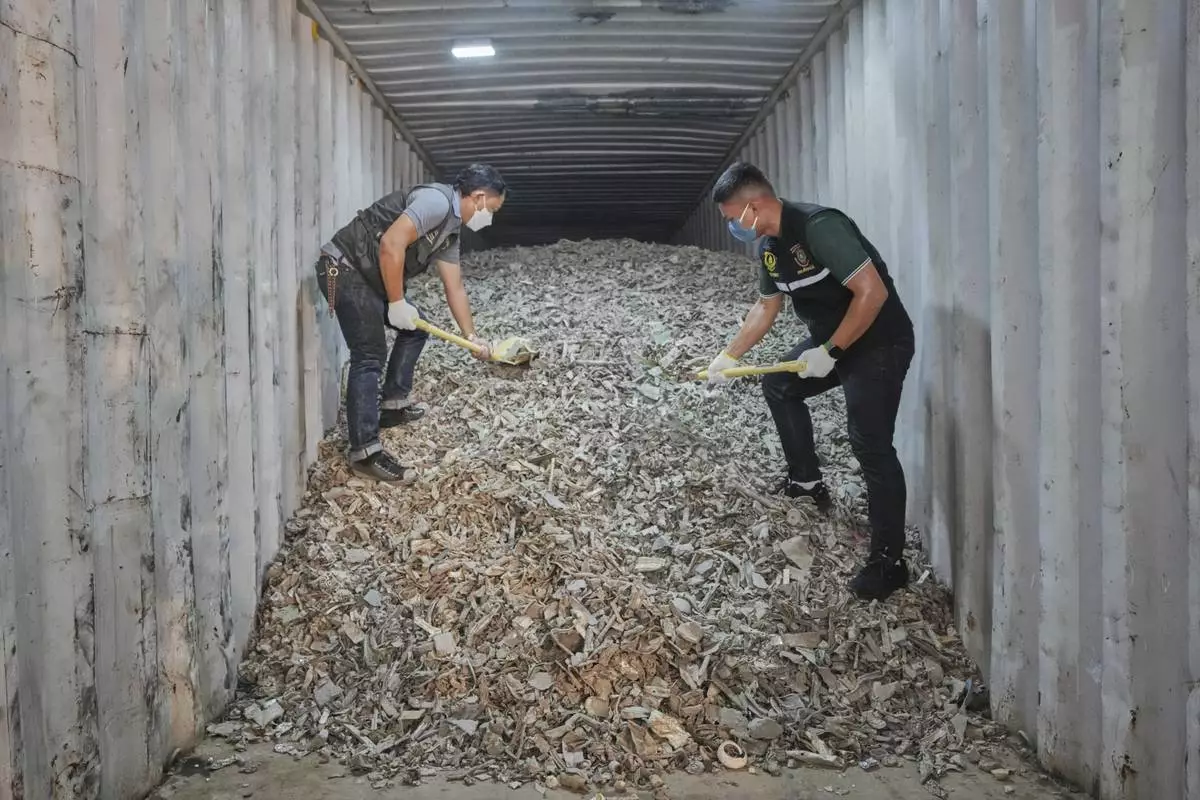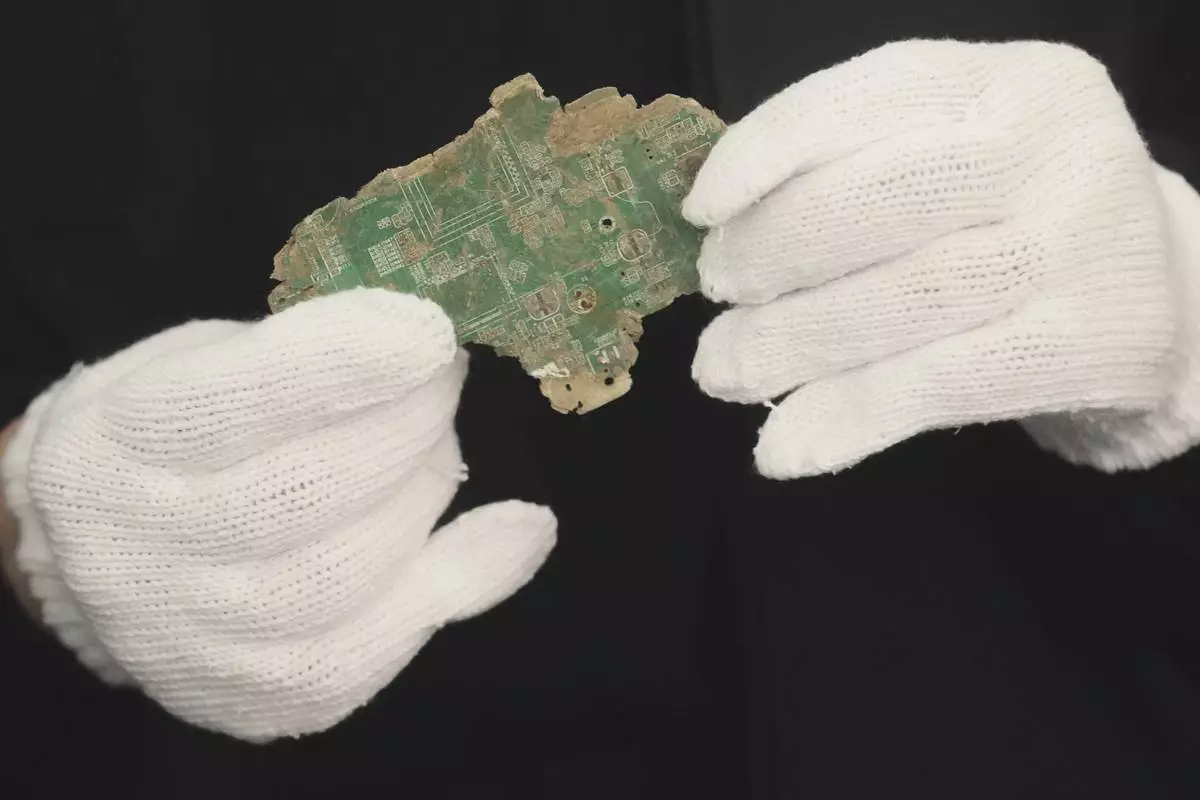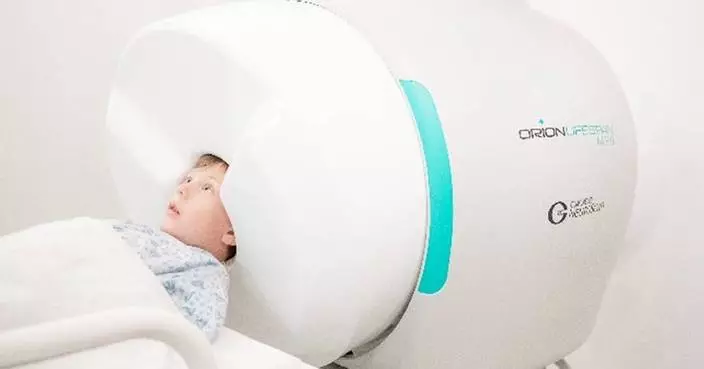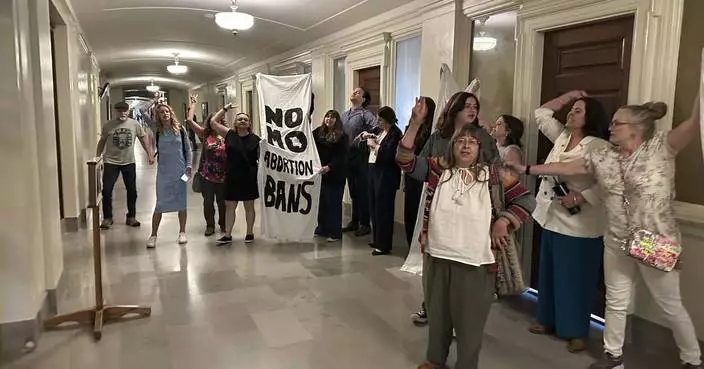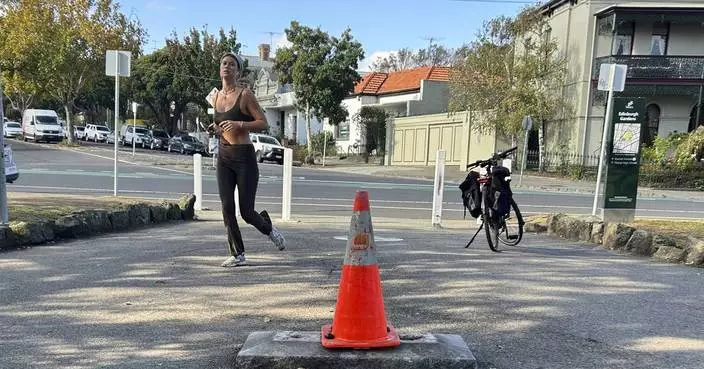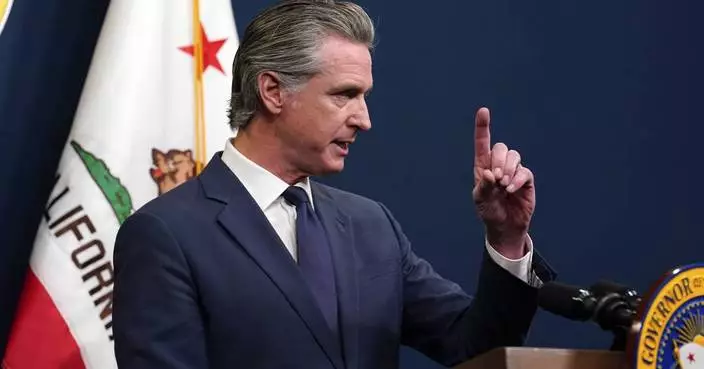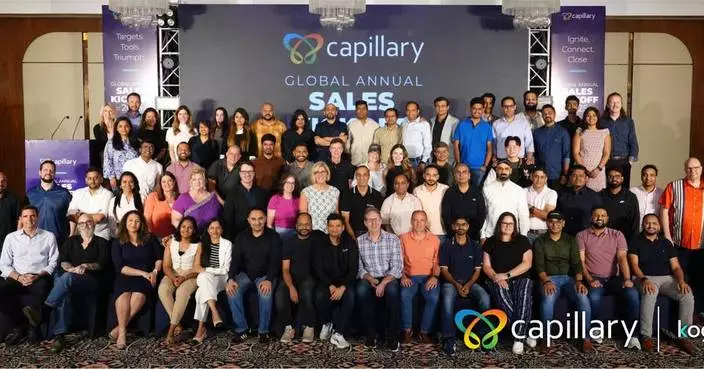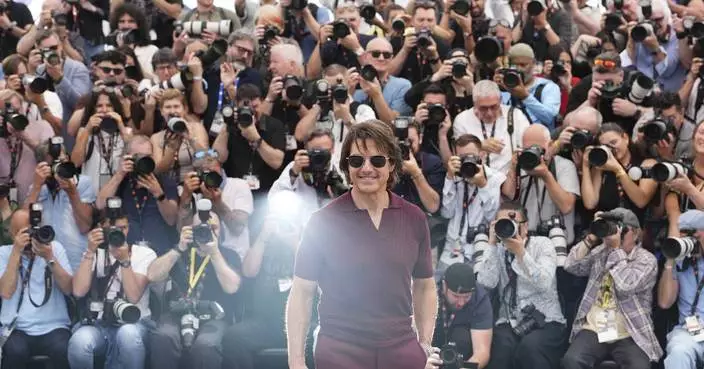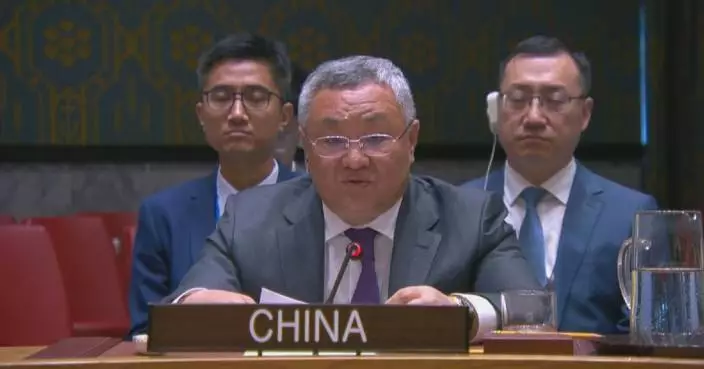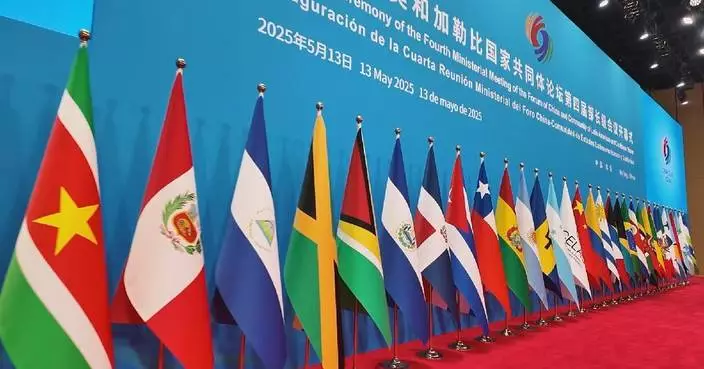DUBAI, United Arab Emirates (AP) — As far as biographies go, the two men in charge of the delicate negotiations between Iran and the United States over Tehran's rapidly advancing nuclear program couldn't be more different.
On the American side, billionaire real estate magnate Steve Witkoff leads the effort by President Donald Trump's administration to restrict Tehran's atomic program, which they fear could allow Iran to build a nuclear weapon. The Bronx-born developer finds himself tapped by Trump to deliver on the Russia-Ukraine war and the Israel-Hamas war as well — two conflicts that show no signs of stopping.
Representing Iran is Foreign Minister Abbas Araghchi, who like many of his generation is a veteran of the bloody Iran-Iraq war. He rose through the ranks of Iran's diplomatic corps and served as a trusted negotiator during the talks that led to Iran's 2015 nuclear deal with world powers.
Whether the two men find common ground in the high-stakes negotiations, with a second round due to take place Saturday in Rome, could mean success or failure in the talks. At risk is a possible American or Israeli military strike on Iran's nuclear sites, or the Iranians following through on their threats to pursue an atomic weapon.
Arriving in Tokyo as Iran's new ambassador in 2008, Araghchi received the equivalent of a diplomatic rave review — from the U.S. Embassy of all places.
“Araghchi is a young, personable, polished and accomplished diplomat. ... Anyone with a limited understanding of the facts would walk away after hearing him with the idea that Iran has bent over backwards and tried everything possible to please the West without result,” a March 2008 cable on Araghchi released by WikiLeaks reads.
“Even when he expressed Iran’s willingness to defy the international community his message was delivered evenly and in a rational tone. He exudes an air of understated yet passionate belief in the position he is arguing.”
The low-key style has been a trademark of Araghchi, who has carefully walked the line between hard-liners and reformists within Iran's theocracy. It starkly contrasts with the more emotional style of then-Foreign Minister Mohammad Javad Zarif, who reached the 2015 nuclear deal with world powers and struck a close relationship with then-U.S. Secretary of State John Kerry.
Araghchi, who handled some negotiations for the deal, remarked on the magnitude of their work the closer the deal came to fruition, describing the accord as “one of the most important documents in Iran’s history.”
“Two and a half years of intense negotiations had reached their nerve-wracking final moments,” Araghchi wrote in a portion of "A Sealed Secret: The JCPOA: A Great Effort for the Rights, Security and Development of Iran," a book in Farsi on the talks. “Our nightly sleep was reduced to about one hour. Hundreds of millions of people around the world were watching, and 80 million Iranians were anxious and waiting.”
Born in Isfahan into a wealthy, religious merchant family, Araghchi bears the the honorific “seyed," marking him as a direct descendant of Islam's Prophet Muhammad. He was a teenager when the 1979 Islamic Revolution overthrew the shah and installed the country's theocracy.
Araghchi joined the Revolutionary Guard and fought in the 1980-88 war against Iraq, though details about his service aren't publicly known. The Guard then was not the massive organization it is today, a paramilitary arm of Iran overseeing its ballistic missile arsenal with deep interests in the country's economy.
While broadly avoiding controversy, politics have affected his career in the past. Under hard-line President Mahmoud Ahmadinejad, Araghchi found himself posted to Japan in the first place as part of a power struggle within the government over nuclear negotiations at the time.
“Put Araghchi aside, Mr. Ahmadinejad had told" Iran's foreign minister at the time, Araghchi recounted in "Iran-Taishi: Memoirs of Seyed Abbas Araghchi, Ambassador of Iran to Japan,” a memoir of his time in Tokyo. “Not only from the negotiators' team but also from the position of deputy foreign minister in charge of international affairs.”
Speaking before the Republican National Convention in July 2024, Witkoff found himself fully catapulted from the world of real estate into politics. But it was talking about his son Andrew, who died in 2011, that humanized him to delegates.
“When I lost my boy Andrew to an opioid overdose, the pain was unbearable," Witkoff told the thousands there. “But as usual, Donald Trump showed up.”
That long, close relationship with Trump includes being with the president on a Florida golf course when he was targeted in an assassination attempt in September. And the president since has entrusted Witkoff with some of the most-challenging situations he faces when it comes to global geopolitics.
To Trump, whose whole identity as a businessman and politician has revolved around making deals, Witkoff represents someone he can understand. Forbes estimates Witkoff's wealth at around $2 billion, made through his Witkoff Group, which has developed apartment buildings, golf courses and hotels in the U.S. and internationally. He's also done business with Mideast sovereign wealth funds — which often serve as direct vehicles of the region's autocratic rulers.
After Trump won the election, Witkoff worked with the outgoing Biden administration to secure a ceasefire in the Israel-Hamas war in the Gaza Strip in January. Witkoff, who is Jewish, worked on convincing Israel to agree to the terms. Israel is Iran's archenemy in the Mideast and has threatened to destroy it repeatedly over the years.
The ceasefire collapsed, however, on March 18 after Israel launched a wave of airstrikes that killed hundreds of Palestinians across Gaza. Both Israel and the U.S. blamed the renewed hostilities on Hamas’ refusal to release more hostages before negotiations on ending the war proceed — which was not part of the ceasefire agreement.
Then there's the high-level negotiations over Russia's war on Ukraine. So far, that war has yet to end despite Trump's diplomatic campaign, particularly a series of talks held in Saudi Arabia. Witkoff has met Russian President Vladimir Putin himself as part of that push. Witkoff attended talks on the war in Ukraine with European allies just before the second round of negotiations with Iran.
While successfully making it through the first round of negotiations with Araghchi — and meeting him face to face — Witkoff has faced the challenge of negotiating over Iran. He made a television appearance in which he suggested 3.67% enrichment for Iran could be something the countries could agree on. But that's exactly the terms set by the 2015 nuclear deal struck under U.S. President Barack Obama, from which Trump unilaterally withdrew America.
Witkoff hours later issued a statement underlining something: “A deal with Iran will only be completed if it is a Trump deal."
“Iran must stop and eliminate its nuclear enrichment and weaponization program,” Witkoff added. That immediately drew rounds of criticism from Iran, which long has maintained it should have access to enrichment.
Vahdat reported from Tehran, Iran. Associated Press writer Nasser Karimi in Tehran contributed to this report.
The Associated Press receives support for nuclear security coverage from the Carnegie Corporation of New York and Outrider Foundation. The AP is solely responsible for all content.
Additional AP coverage of the nuclear landscape: https://apnews.com/projects/the-new-nuclear-landscape/
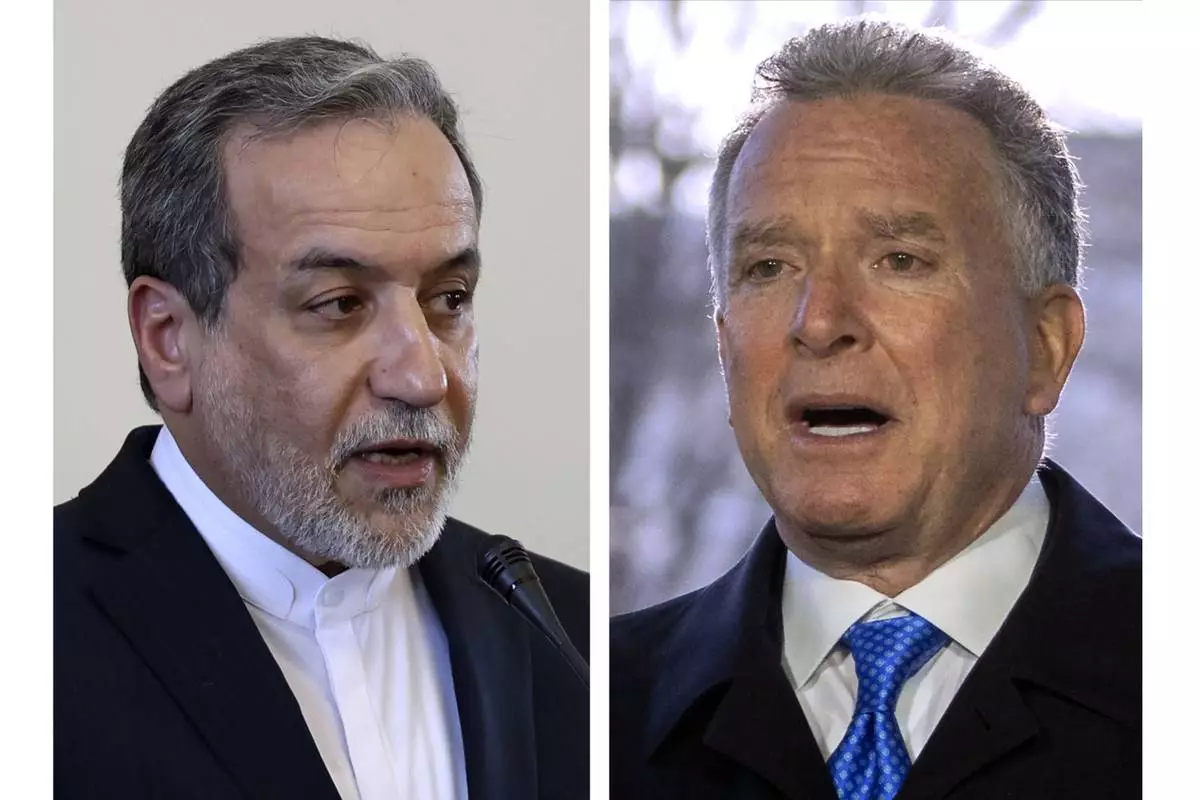
This combo shows Iranian Foreign Minister Abbas Araghchi, left, pictured in Tehran, Iran, Tuesday, Feb. 25, 2025 and Steve Witkoff, right, White House special envoy, pictured in Washington, Wednesday, March 19, 2025. (AP Photos Stringer, Mark Schiefelbein)


